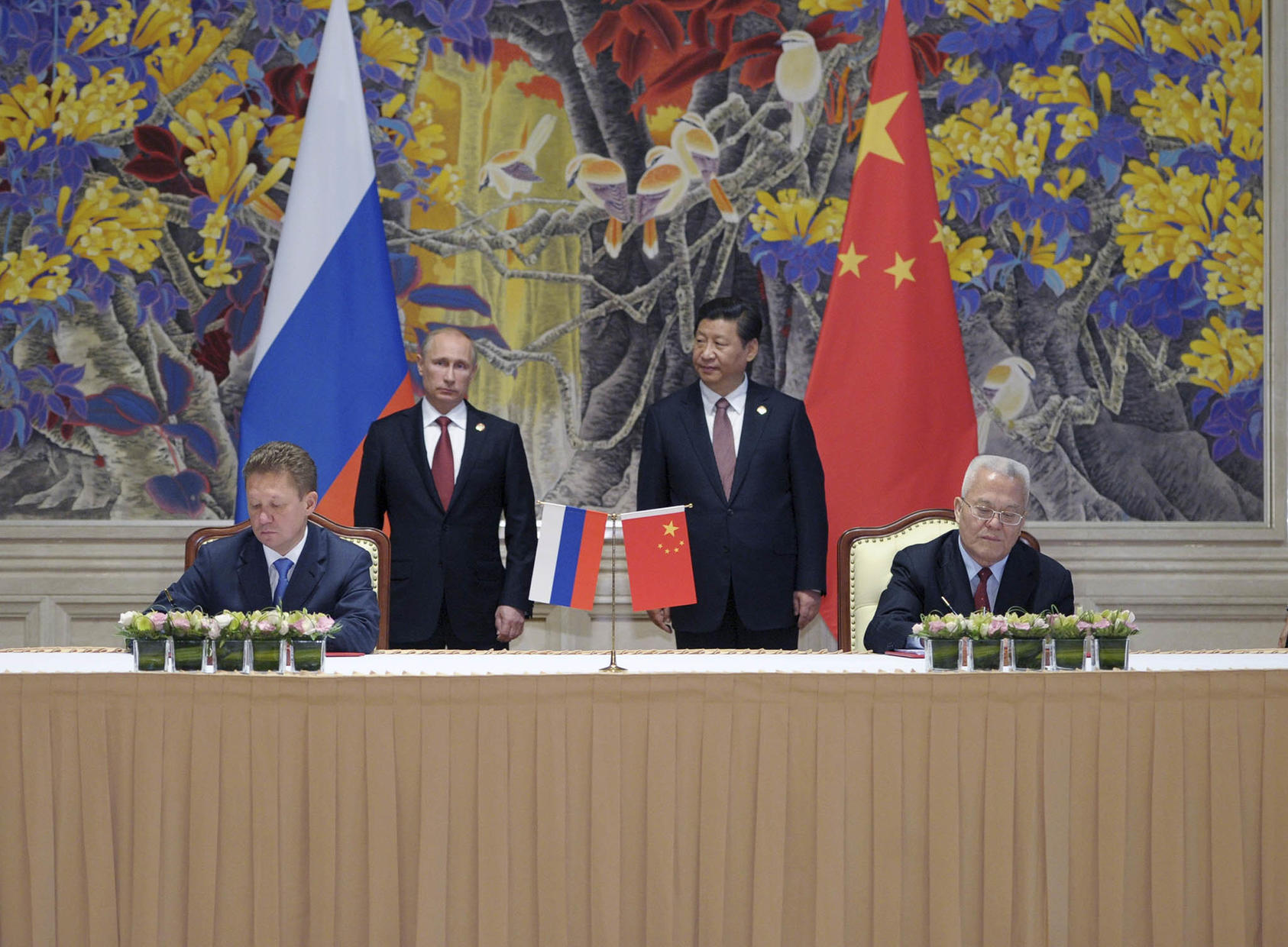
by Fatima Qayyum Kakar 30 July 2023
The concept of National Interest has always remained at the heart of international politics as defined by V.V Dyke; National Interests are the values, desires, and interests which states seek to protect or achieve about each other. The components of National Interest defined in International Relations are Political Interests, Security Interests, Economic interests, and Cultural interests. In other words, it is a phenomenon where a nation protects its interest and goals about other states in the international arena. This concept can be further elaborated through the lens of the Realist perspective, which explains that states want to maximize their power in this lawless world to pursue their national interest. Since states are driven by national interest, it has been evident from history on several occasions and incidents; however, the focus of this piece considering the above discussion is to analyze the current China-Russia partnership towards Asia based on their aligned national interest. It is imperative to explore the historical relationship of China-Russia relations, especially when both states had contrasting national interests during the cold war.
In 1956, Nikita Khrushchev showed some goodwill gestures towards the West and vouched for maintaining peaceful relations and co-existence with the US. This led to the de-escalations of affairs between the U.S. and Russia, which threatened China. In response to this threat, the breaking down of their relationship began in the 1950s in the shape of the Sino-Soviet split. In this conflict, the ideological clash between the Soviet Union and China erupted based on the divergent interpretations of Marxism-Leninism ideology by both these countries.
Ever since, both these countries faced turbulent relations due to diverging interests. However that tide has been turned in recent years, particularly when China has gained prominence in international politics. Several prominent reasons play a key determinant role in establishing Russia-China strategic partnership.
The US is trying its best to contain China and Russia by making various economic and security alliances in the form of the QUAD, AUKUS, and the Trans-Pacific Partnership (TPP). Therefore, to counter the U.S. hegemony, Russia and China are playing their best to counter the US influence in the Asian region. After the 2008 financial crisis, a debate arose about the US decline, and many international relations theorists argued that US hegemony is no longer absolute but rather relatively declining. Therefore, both China and Russia see each other as potential strategic partner to counterbalance the U.S. influence in the region.
Considering the current economic condition of Russia, it is vital to create an alliance with China, the world’s second largest economy. China secures a stronger position in terms of economy in Asia about its recent developments regarding BRI (Belt and Road Initiative).
The Asian region is likely to be on the receiving side of the benefits from this new informal alliance between the two. For instance, Iran has been cooperating with both these countries given that the government is facing economic sanctions from the U.S. Therefore, in these circumstances, it is natural for Iran to express a tilt towards this new alliance to secure its economic interests. These countries have been conducting frequent visits to each other. A very recent example can be seen in the event where China played a significant and influential role in brokering a deal between Saudi Arabia and Iran, who have been strategic rivals for a long time. Furthermore, the three countries also conducted maritime drills in the Gulf region of Oman. It signifies the growing engagement of Iran with both countries perceived by many as one of the concerns for the US influence in the area.
Simultaneously, Pakistan has been catching up with this alliance and progressing on several grounds. A country on the verge of collapsing economically is desperate to achieve any means to secure its national interest and explore the new alliance as an opportunity. For instance, Pakistan recently purchased crude oil directly from Russia and paid in Chinese currency. And reportedly, Pakistan has been keen to open trade channels with Iran, Russia, and Afghanistan without using the US dollars. The Chinese foreign minister has justified this trade by saying “This is normal trade cooperation between Russia and Pakistan and within their scope of sovereignty”. That said, Pakistan is walking on a thin line between the emerging two blocs, one that is the Western bloc assumed as the flag bearer of liberal values, and on the other hand, the Eastern bloc assumed as authoritarian alliance (China and Russia) as perceived by the West. Pakistan in doing so, needs to maintain its focus on its national interest as this country has already lost a lot of pleasing major powers.
Finally, upon analyzing the situation in Afghanistan, the involvement and investment both by China and Russia can be clearly observed through the lens of recent developments, particularly after the Taliban regime. Interestingly, both these countries are trying to develop a relationship with the Taliban government while still not recognizing them officially. China has committed to providing economic and development assistance to Afghanistan. In return, it wants a stable Afghanistan and seeks protection from it to maintain security around China’s national interests in the Belt and Road Initiative Project, against the threat posed by the perceived Uyghur terrorists. These economic assistances can be observed in the latest investment made by China in a 540$ million energy deal with Afghanistan. Along with that China has also shown interest in securing a deal of $10 million investment in Afghanistan’s Lithium deposits.
The writer is a Research Assistant in BTTN Balochistan Think Tank Network
